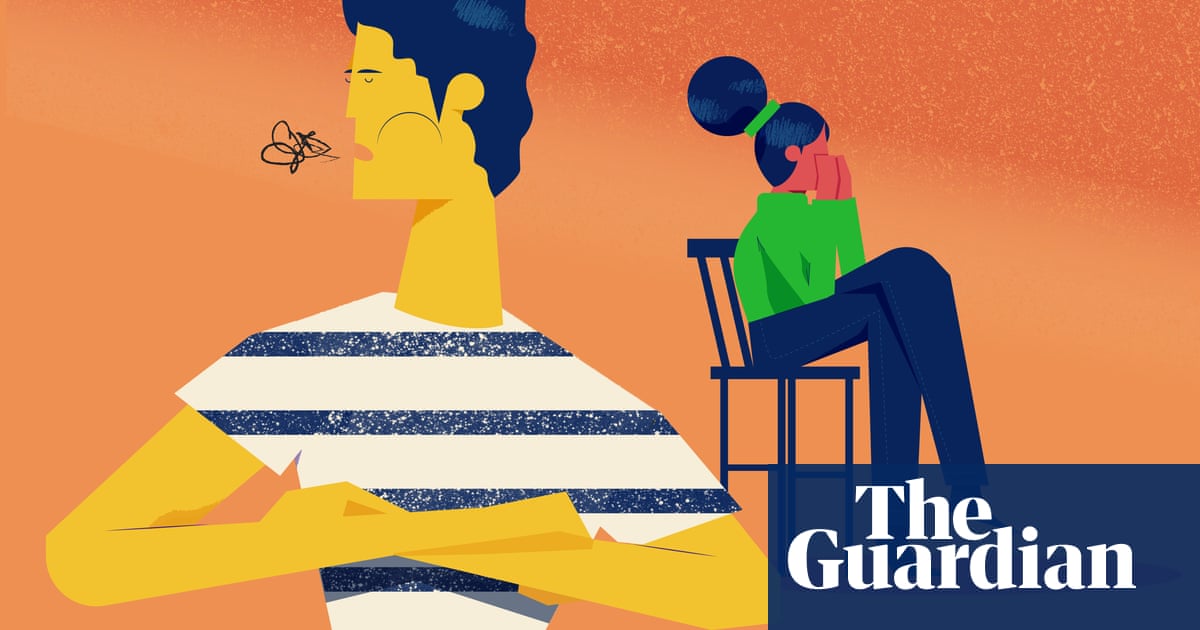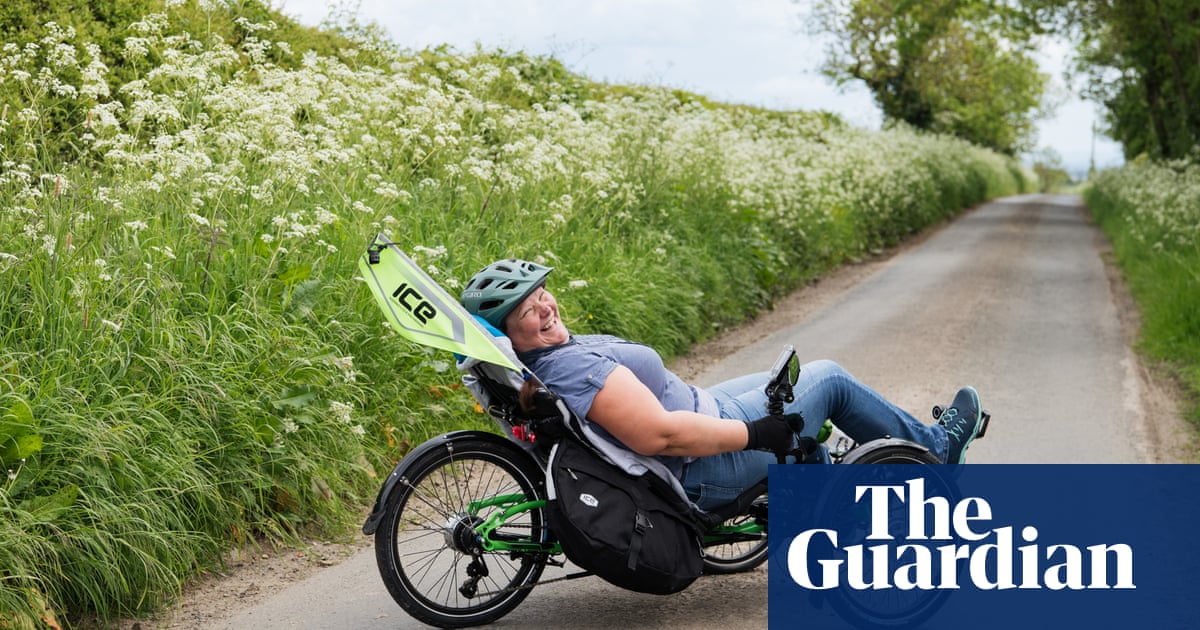
Iam sure those who know my backstory of criminality imagine – reasonably – that the toughest times of my life were while I was a guest of Her Majesty, who kindly gave me full board and lodgings for 16 years, on and off, during the first six decades of my existence. And they are half right.
My first taste of her hospitality came in 1957 when, at 14, I was ordered to spend three months in a detention centre. Then a relatively new concept, these were designed to give miscreants a “short, sharp shock” that would teach us to stay on the straight and narrow.
It didn’t work, of course, which I know because I met up with virtually all of the class of ’57 from Foston Hall, Derbyshire, in different jails and at different times. As for the teaching element, I was sent there for nicking a chewing gum machine. It was a bit of a lark, really, and a long way from the crimes that led to my last jail term: seven years, in 1996, for relieving Barclays Bank of a million pounds and producing counterfeit giro cheques of such high quality that the benefits system was forced to issue a new design; Post Office staff could not differentiate our cheques from theirs. (One for Michael “Prison works” Howard to think about.)
I had a few difficult periods during those stays. I did frequent stints in isolation – and I was in prison when a diet of solely dry bread and water, for three days at a time, was a lawful punishment for misbehaving cons. No doubt I would have been birched, too, had that punishment not been abolished in 1962, a couple of years before I arrived in the adult system (for stealing a tray of rings from a jewellers).
I have also been on the receiving end of bad – in fact, illegal – behaviour from staff, usually out of sight, in segregation units. When I was a witness to mistreatment, rather than a victim, I chose to call out the behaviour of staff. If my attitude landed me in hot water, I was always determined never to let my keepers see they were getting me down. I forced my feelings to follow my resolve. So, all in all, yes, I have served hard time.
Yet somehow it never drove me near despair. You see, I chose to become a criminal; volunteered, if you like. I was steeped in crime, enjoyed my work and willingly signed up to the adage: “If you can’t do the time, don’t do the crime.” Accordingly, when mistakes occurred at work and I ended up in the slammer, I regarded it as an occupational hazard.
The toughest time of my life, although occurring in prison, had nothing to do with the difficulties chronicled above. It took place while I was sailing serenely through a seven-year sentence in a civilised jail, HMP Risley. Around the back end of 1998, I received a letter containing disturbing news about a dear friend, who was struggling to cope with life on the outside.
It had happened before – particularly badly in 1989 – but then I had been free and could be by his side. I more or less moved in with him, listened to him and sometimes laughed with him, encouraging him to think of good times we had enjoyed and could enjoy again. He eventually recovered and we did, indeed, spend some good times together.
This time, however, there was no possibility of me going to him, and he had medical issues that prevented him from visiting me. All I could do was make phone calls and write letters until I was free – in about a year’s time. It was not enough. Perhaps nothing would have been. Ultimately, there were to be no more times, good or bad, spent together again.
I had wanted to offer him my attention and constant presence, but I could not – and that was due entirely to my incarceration. When my loss of freedom hurt only me, I was happy to take the consequences, but I felt the full force of it when it affected my ability to help him. For the first time in my chosen career, I felt the powerlessness and impotence of captivity. To my mind, I had failed my friend. This was my nadir, my rock bottom.
I coped, because you have to. Life moves on and time heals, but the episode left its mark. That was my last jail term to date. I have asked myself if it had any bearing on me going straight. The truth is, I don’t know. I didn’t commit any crimes between my release, a few days before the end of last century, and the almost accidental securing of my role as a Guardian journalist in 2003. But I had been away the best part of four years, so I was due a sabbatical, if you like, until I had adjusted fully to life outside the walls. Plus, my work in the latter stages of my career involved long-term planning. But crime has a strong pull; I sometimes miss the buzz of it. So I will never know.
What I do know is that, 23 years on, I am in a much better place, physically and spiritually. It is a good feeling. I am in the 17th year of my journalistic journey and while, sadly, reporting doesn’t pay nearly as well as crime (and is considerably more stressful), it has one major perk: I know I will not be going back to that place of lowest point again.
Instead, I am blessed with children and grandchildren, who bring me absolute joy (most of the time!), and a few dear friends. Some are old mates, who have been in my life for a long time, but now I am free to be in their lives, too, and for the foreseeable future. Finally, I am on hand, to cajole, praise, comfort and, yes, help, if needed. It is a good feeling – one I think about daily. Throw in a couple of rescue dogs and my happiness is complete.
It looks as though I will not be accepting Betty Windsor’s hospitality again. That said, along with the aforementioned kids and pals, she is welcome to pop round to my place any time.












